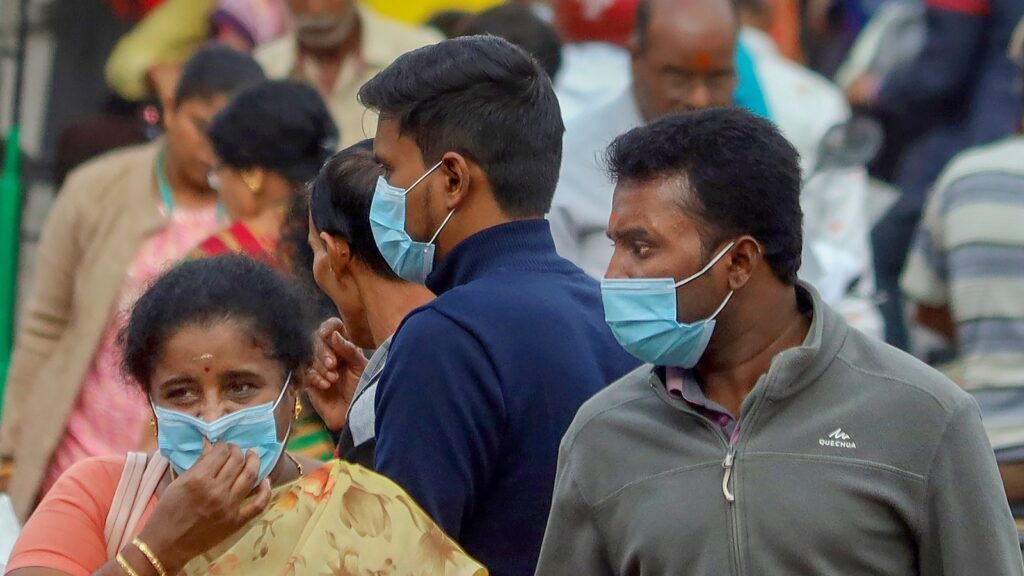Fears of some sort of resurgence of Covid-19 rose this week following the detection of the JN.1 variant in Kerala. JN.1 has arisen suddenly and now accounts for a growing proportion of cases that were genome-sequenced in many parts of the world. JN.1 appears to be displacing other variants — a hallmark of a fitter mutation of the Sars-CoV-2. Its detection in India spooked the stock markets on Wednesday, but neither abroad nor in India have there been signs that it could be a cause for concern. Health ministry officials said the states where the variant has been found — Kerala, Maharashtra, Tamil Nadu and Karnataka — are not reporting any increase in hospital admissions. In fact, the Union health secretary told a meeting on Wednesday that most of the infections were incidental findings — that is, in people who were brought to a medical facility for some other reason.
Between late 2020, when the Alpha variant was first detected in the UK, and early 2021, when the Delta variant was found in India, a simple yardstick has been devised to determine how worrying a mutant of the Sars-CoV-2 is. First, does it spread quicker than others? Second, does it lead to severe disease or new symptoms? And third, are more people dying? Initially, when the world lacked adequate vaccine coverage, even the first scenario was concerning. But as immunity developed, from past exposure as well as vaccination, the likelihood of severe disease and death began falling. In fact, this is what happened during the outbreak of the Omicron variant in late 2021 and early 2022 — millions were suddenly infected, and took ill with symptoms of a bad flu, but rarely did the strain lead to the pneumonia that was the primary manifestation in people who succumbed to the virus.
For now, at least, the virus is behaving predictably. It is evolving, picking up traits that survive the onslaught of wide population-level immunities. After people’s exposure to the virus wanes during periods of epidemic lull, the coronavirus stages a minor comeback — especially when seasonal factors such as cold weather help it spread more readily. This has been the experience with influenza viruses as well. And the Sars-CoV-2 appears to be behaving no differently, which makes any panic misplaced. That said, precaution is always encouraged — masking and being hygienic stops not just the Covid-19 virus, but also other pathogens.
Continue reading with HT Premium Subscription
Daily E Paper I Premium Articles I Brunch E Magazine I Daily Infographics


